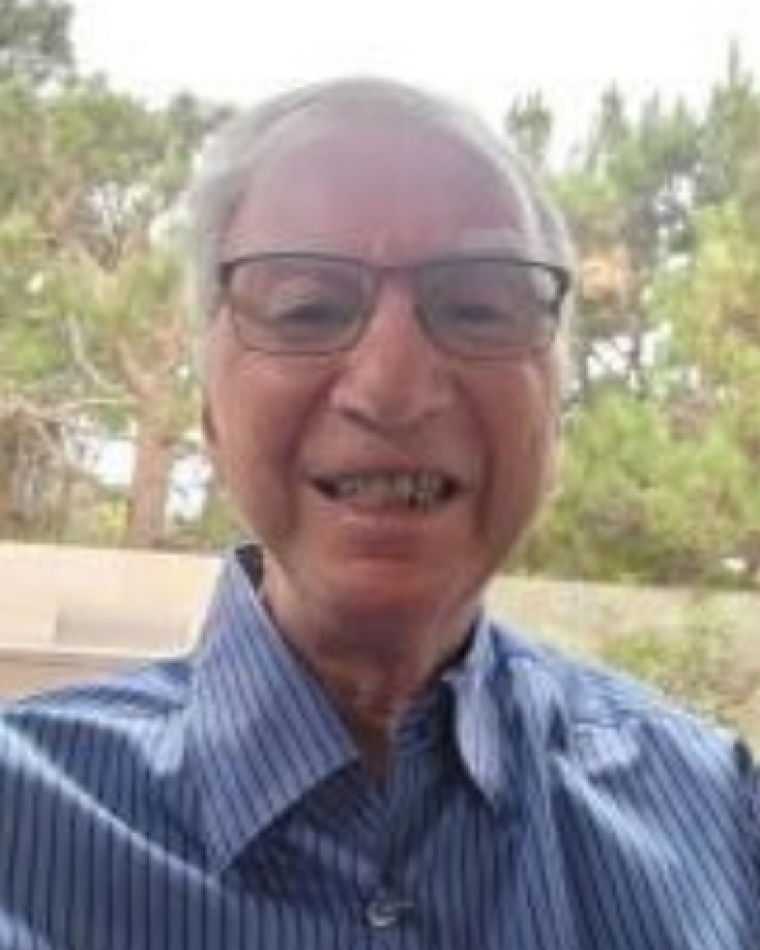
Irwin Mark Jacobs
Irwin Mark Jacobs
English
Contact Menu
Dr. Jacobs received a bachelor’s degree in electrical engineering in 1956 from Cornell University and master of science and doctorate of science degrees in electrical engineering from MIT in 1957 and 1959, respectively. From 1959 to 1966, Dr. Jacobs was an assistant then associate Professor of Electrical Engineering at the Massachusetts Institute of Technology (MIT), and a staff member of the Research Laboratory of Electronics. While at MIT, Dr. Jacobs co-authored, with John Wozencraft, a basic textbook on digital communications and error control coding, entitled Principles of Communication Engineering. First published in 1965, the book is still widely in use today. In 1966, he joined the newly formed Department of Applied Electro physics of the University of California at San Diego, which became the Electrical and Computer Engineering Department, where he was Professor until 1972. In addition to his outstanding academic achievements, Dr Jacobs has shown to be a brilliant entrepreneur in advanced communications systems. With Dr Andrew Viterbi he co-founded LINKABIT Corporation, serving as, President, Chairman and CEO. In 1985 he co-founded QUALCOMM Incorporated, a pioneer and world leader of Code Division Multiple Access (CDMA) digital wireless technology, serving as CEO through 2005 and Chairman of the Board through 2009. Dr. Jacobs retains his academic ties through the University of California President’s Engineering Advisory Council and the visiting committee of the MIT Laboratory for Information and Decision Systems. He is a past chairman of the Scientific Advisory Group for the Defense Communications Agency and of the Engineering Advisory Council for the University of California and a past academic/scientific member of the Technion International Board of Governors. In 1982, he was elected to membership in the National Academy of Engineering for his “contributions to communication theory and practice, and leadership in high-technology product development.” In November 2006, he was named Chair of the Salk Institute’s Board of Trustees and in May 2008, he was named Chair of the National Academy of Engineering. Dr. Jacobs is a member of a number of industry and community boards and committees. Dr. Jacobs is a member of the California Council on Science and Technology, the UCSD Foundation Board of Trustees, and is past chairman of the University of California President’s Engineering Advisory Council. In addition to his world famous textbook, Dr. Jacobs has authored or co-authored a large number of publications in first class journals and international conferences, including numerous invited and keynote speaker presentations. He is the inventor of 14 patents issued and others pending, and is the recipient of numerous and prestigious industry, academic and business awards. To name just a few from a long list of prestigious awards: Fellow of IEEE, Fellow of the American Association for the Advancement of Science, Fellow of the American Academy of Arts and Science, IEEE/RSE Wolfson James Clerk Maxwell Award, Scientist of the Year Award, Albert Einstein Award, IEEE Alexander Graham Bell Medal, Entrepreneur of the Year Award in High Technology. Dr. Jacobs was also honored with 11 Honorary Doctorate Degrees from Prestigious American, Canadian and Israeli Universities. It is also important to mention the philanthropic achievements of Dr Jacobs and his wife Joan, contributing hundreds of millions to the field of education to several schools and organizations. Their donations have gone mostly towards fellowships and scholarships for deserving students in engineering and computer science, as well as the arts, especially in the San Diego area. He donated generously to his alma matter Cornell, to MIT, UCSD, and the American Society for Technion.
